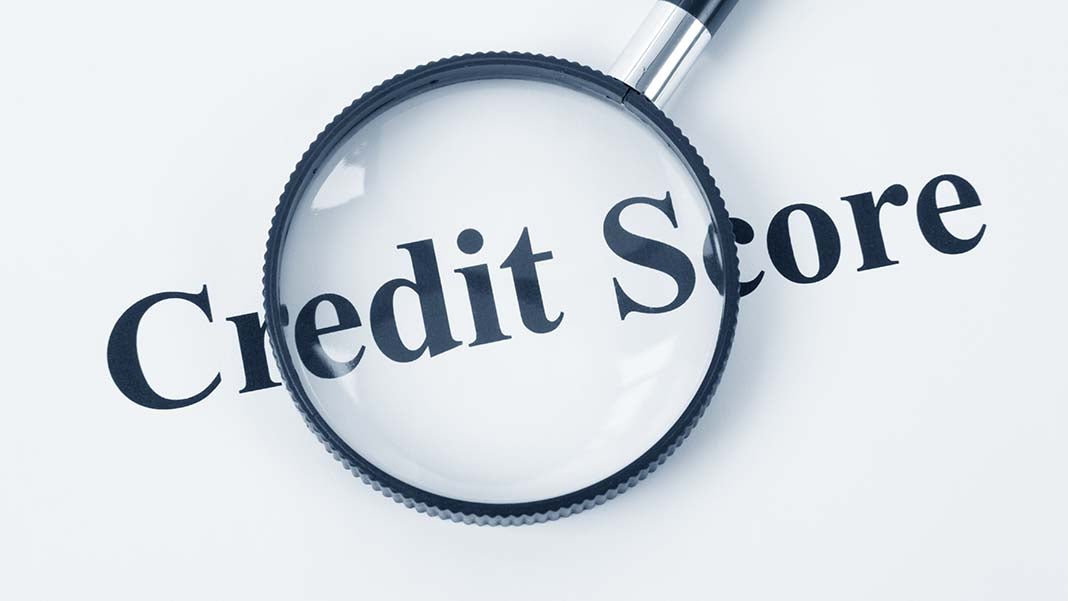
If you’re running a very small business, or a very young one, you may not have the corporate credit score you require to take out the borrowing you need. In this case, you’ll be relying on your personal credit score to obtain finance—so what you can do to boost it?
Here’s how to build your credit score
A number of factors go towards your credit score, and having a top score (750 or more) can save you a fortune in interest over the years compared to a mediocre score.
One important factor is the number of credit cards you have and the extent to which you use them. Divide your limit across all cards by the amount you have borrowed on them and you can find your utilization ratio. If you want to maintain a credit score at the top end, you should aim to keep this ratio under 30%, as the more credit you use the less secure your financial position appears to lenders.
Secondly, ensure you make all your debt payments on time, every time. Even a single late payment can have an impact on your credit score, so set up standing orders and direct debits to make certain that nothing slips your mind. It also goes without saying that you should never let debts accumulate to the point where you’re taken to court: a County Court Judgement (CCJ) against you will decimate your credit score and seriously damage your credibility.
Finally, the age of your borrowing matters just as much as the amounts. The longer you have been taking out debt (credit cards, mortgages, car loans and so on) and paying it back, the better.
Keep an eye on your credit score
Building a good credit score is only half the story—you also need to keep on top of it and make sure it’s accurate. Any errors could significantly impact on your ability to borrow and the interest rate you are charged, so you should contact one of the major credit bureaus and request the opportunity to inspect your credit report (for which there is normally a nominal fee). If there are any errors, you should alert the bureau and ensure that they are rectified immediately.
Understand when to mix your personal and business credit – and when not to
As already stated, if you’re running a small business—and particularly if you’re a sole proprietor—you may find yourself relying on your personal credit score to obtain finance for your business. However, in some cases you may have the option of taking out finance through the business or as an individual.
In general, business credit limits will tend to be higher than their personal counterparts, so taking out finance on a business rather than personal credit card will produce a lower utilization ratio, which is good for your credit score. If you are operating a limited company, there is also an important difference: should the business go into liquidation owing money, your personal assets will not be on the line whereas if you borrow as an individual your creditors can pursue almost anything you own.
That said, in some cases you will have no option but to borrow as an individual if you want to boost your business. Ultimately, it’s all about judgement and carefully balancing risk and reward.
Author: Carl Faulds is the managing director of Cashsolv. Carl offers advice and alternative finance support to overcome cash flow problems and identify possible underlying problems that can be addressed to ensure a positive future for your business.
5089 Views












